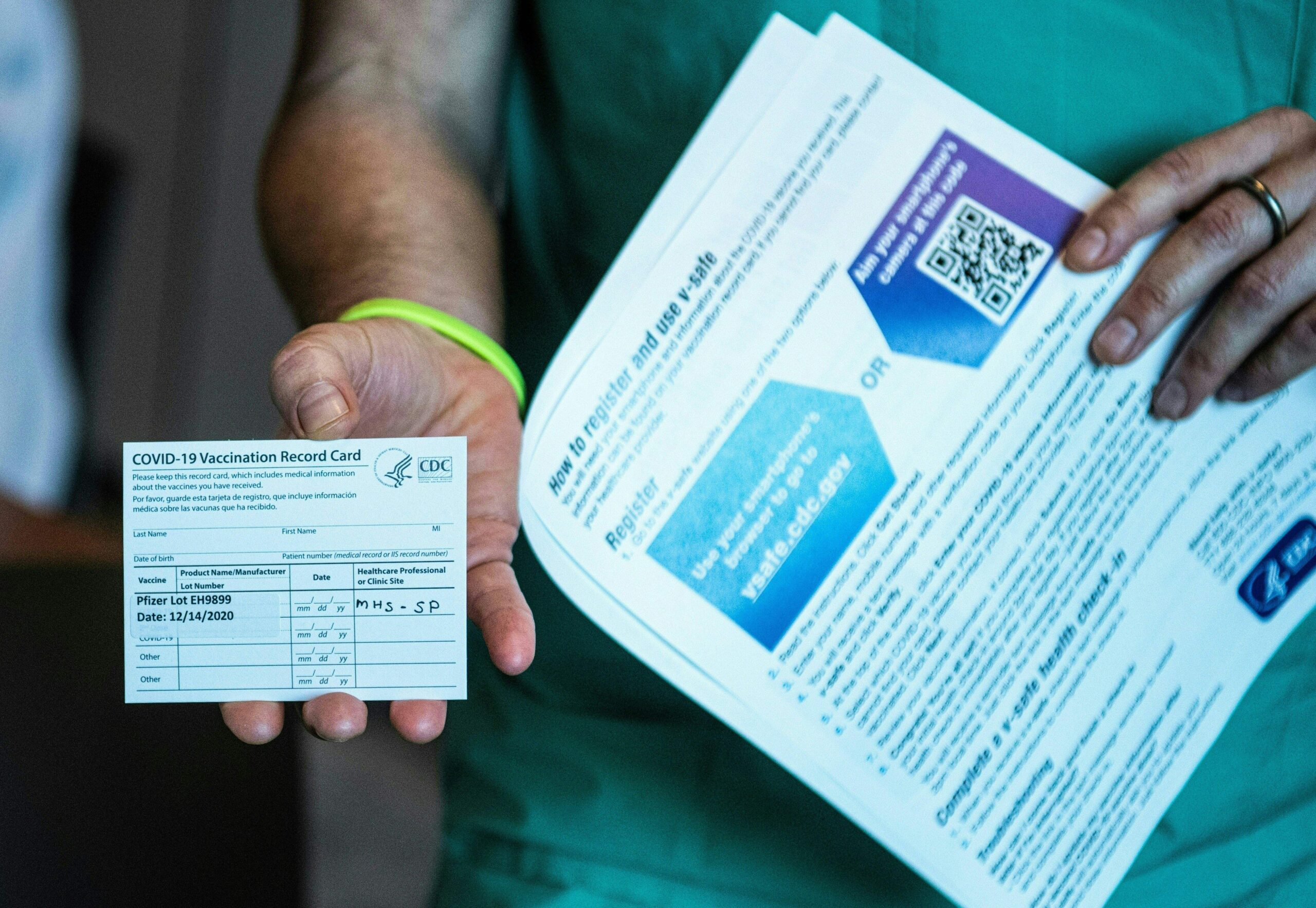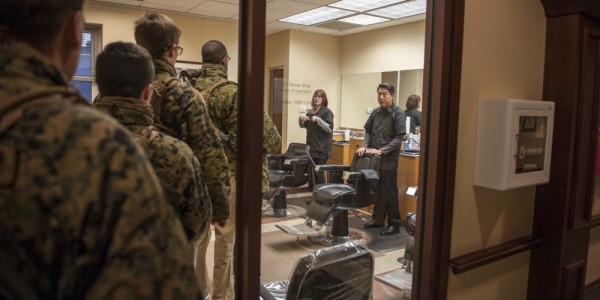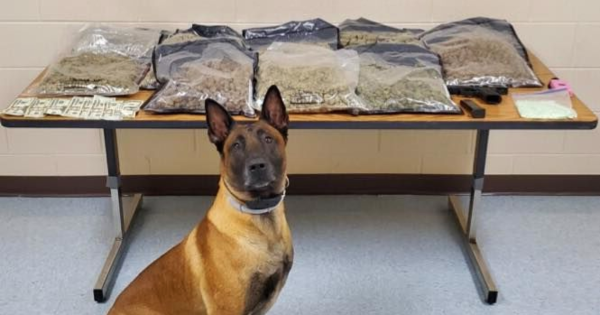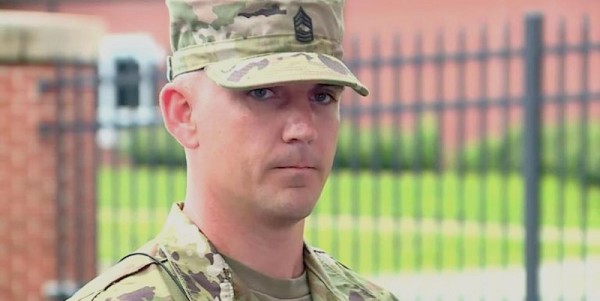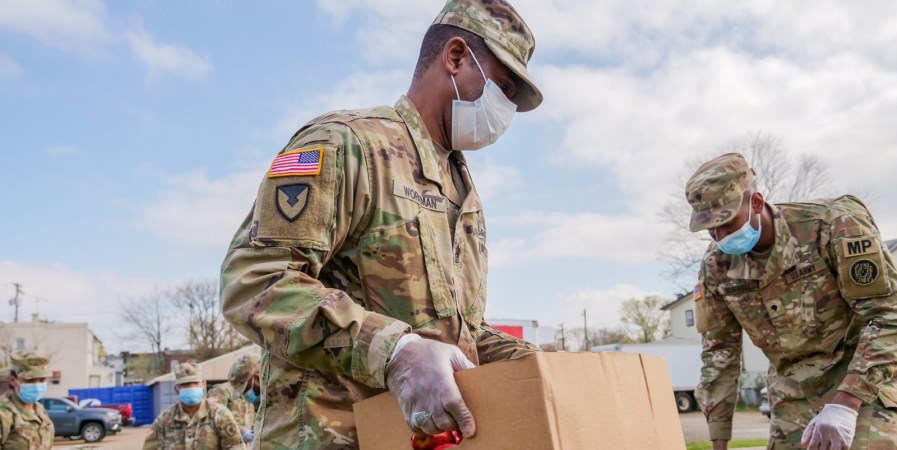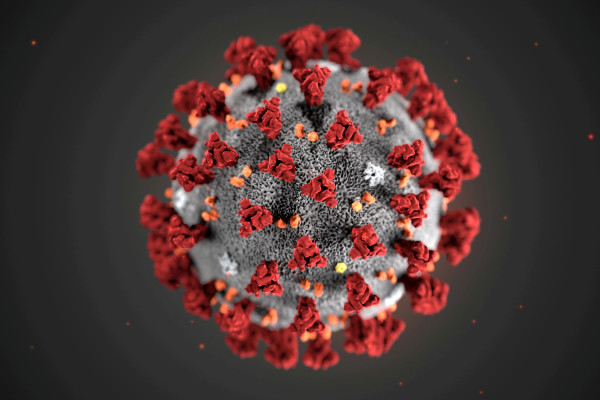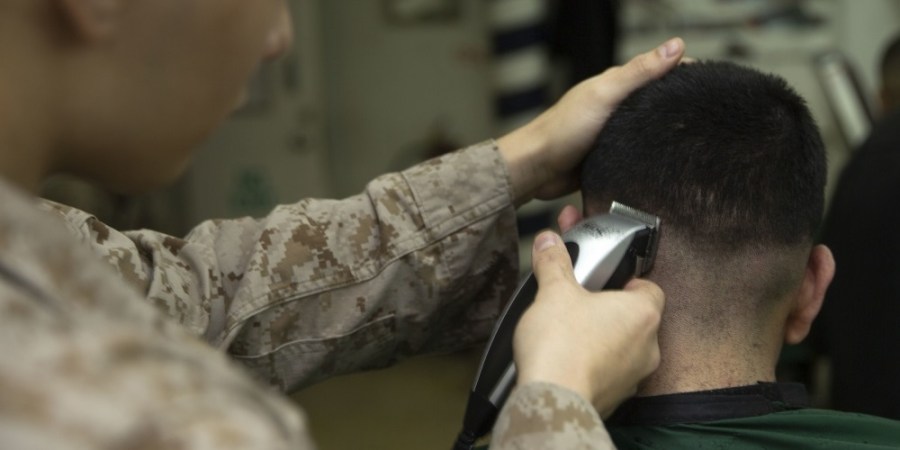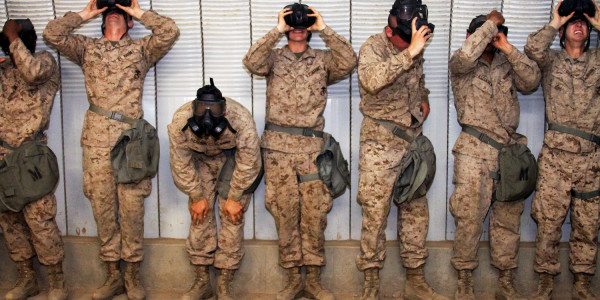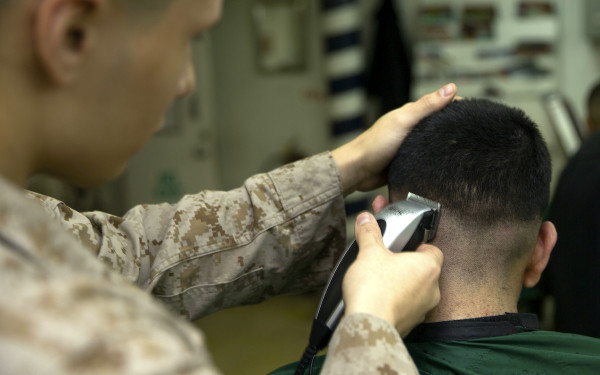A Marine veteran who was charged with involvement in the Jan. 6 riot at the U.S. Capitol, while serving in the Marine Corps Reserve, is now facing more federal charges for allegedly selling fake COVID-19 vaccine cards to fellow Marines.
Sgt. Jia Liu, a data systems administrator who is currently in the Individual Ready Reserves (IRR), was charged with one count of conspiring to defraud the U.S. Department of Health and Human Services, one count of conspiring to commit forgery by distributing fake COVID-19 vaccine cards, and one count of conspiring to defraud the Department of Defense by giving the fake cards to fellow Marines. Liu allegedly worked on the scheme with Steven Rodriguez, a nurse in Hempstead, New York, according to a Department of Justice press release.
Rodriguez and Liu, who allegedly made thousands of dollars and distributed at least 300 fake vaccine cards, were arrested on Thursday.
The Marine Corps is “aware of the situation” and is “fully cooperating with federal authorities,” said Maj. Jeremy Wheeler, spokesman for Marine Forces Reserve Headquarters.

Wheeler added that Liu has “no drilling responsibilities” being in the Individual Ready Reserve and is pending administrative separation. The Marine Corps had already begun administrative separation for Liu before he was arrested on the fake vaccine card charges, Wheeler said. The IRR, as it’s commonly called, is a mandatory obligation, usually four years in length, that service members are called upon to fill after completing their initial service commitment. Though those on IRR are essentially “out” of the military, they can be called back to service under certain circumstances.
While Wheeler did not specify why Liu was being separated from the IRR — saying it was for “unrelated misconduct” — Liu was previously charged for entering the U.S. Capitol during the Jan. 6 riots. According to the Department of Justice, Liu was arrested in October 2021 and charged with entering and remaining in a restricted building, disorderly and disruptive conduct in a restricted building, disorderly conduct in a capitol building, and parading, demonstrating, or picketing in a capitol building.
Liu enlisted in the Marine Corps Reserves in May 2014, according to the DOJ. His service record says he deployed to Bahrain and Jordan in 2017 and left the Reserves in September 2021. His last duty assignment is listed as being with the 6th Communications Battalion based out of New York.
The fake vaccine card scheme ran from March 2021 “or earlier” to February 2022, according to the indictment filed on Wednesday. Liu and Rodriguez allegedly conspired to “steal and forge” COVID-19 vaccine cards and then forged the cards to say the person it belonged to had been vaccinated. Liu “served as a distributor” of the cards, the indictment says, and he often “charged a higher price” for the forged cards than he paid Rodriguez in order to turn a profit.

The two allegedly offered prospective customers options: they could buy either blank COVID-19 vaccine cards or completed cards that had the customer’s date of birth, name, and the location of where they supposedly received the vaccine. Liu and Rodriguez also offered to enter customers’ fake vaccine data into the Immunization Database, the indictment says.
The way the scheme worked was customers would make appointments at the healthcare clinic where Rodriguez was employed as a nurse, according to the indictment. Rodriguez then “destroyed a vial of vaccine,” gave the customer a forged vaccination card, and entered the vaccination data into the Immunization Database.
To avoid detection, the two often communicated with customers through encrypted messaging apps, and when customers paid them through apps like Venmo or Zelle, they were instructed to use terms like ”Korean BBQ” or “consultancy.”
Among those customers were allegedly other Marines. The indictment said Liu created and distributed fake cards to Marines from August 2021 to January 2022, “to help them evade COVID-19 vaccination requirements.”

“By distributing false COVID-19 vaccination cards to members of the United States Marine Corps, Liu facilitated the introduction of unvaccinated persons into a military setting that had been constructed to exclude unvaccinated persons for the safety of troops and the protection of the United States,” the indictment said.
In total, the two distributed at least 300 fake vaccine cards and made more than 70 false entries in the Immunization Database, according to the indictment.
“The COVID-19 vaccination card fraud scheme allegedly perpetrated by Liu and Rodriguez resulted in more than 300 stolen or false vaccination cards circulating throughout the community, and in the destruction of multiple doses of a vaccine intended to protect people from the most severe effects of the virus,” FBI Special Agent-in-Charge Michael Driscoll said in the DOJ release.
“Schemers who defraud the government in any way — and profit from pocketing the funds — will continue to be held accountable.”
What’s hot on Task & Purpose
- Air Force policies are driving airmen to take their own lives
- An Army officer may have nuked his career with a single tweet
- Airman gets general to step in so he can finally take parental leave
- Why these Air Force fighter pilots wear bright yellow helmets
- A retired Marine 3-star general explains ‘critical military theory’
Want to write for Task & Purpose? Click here. Or check out the latest stories on our homepage.

